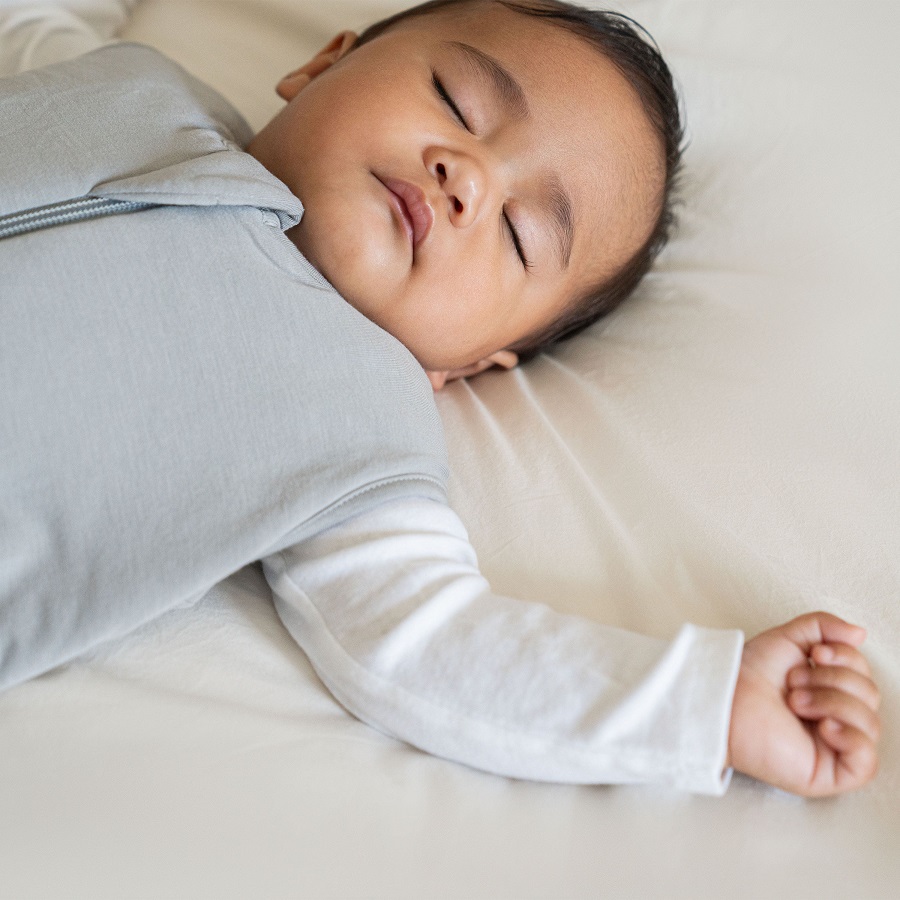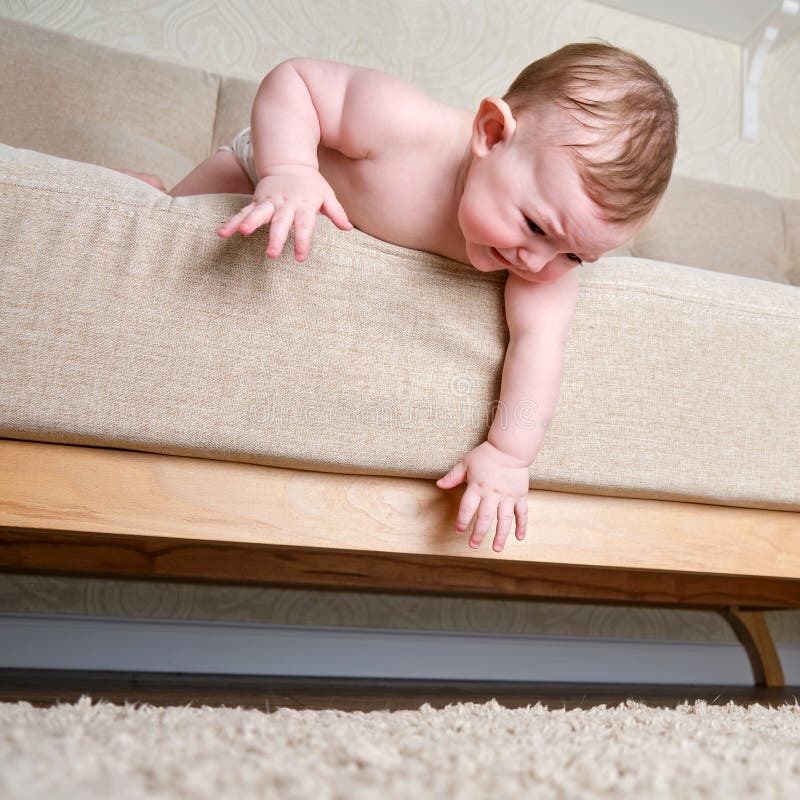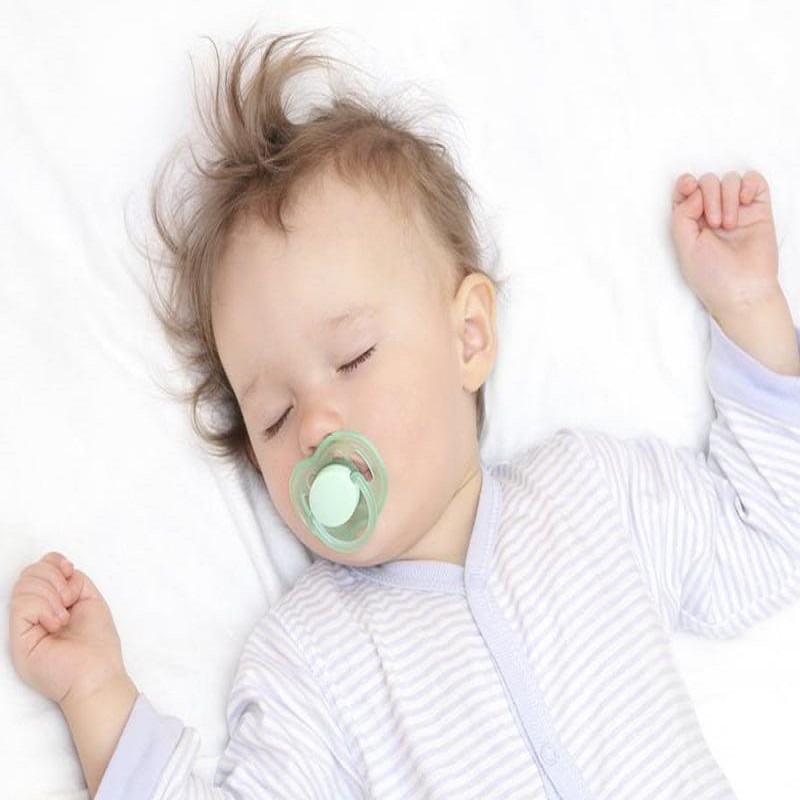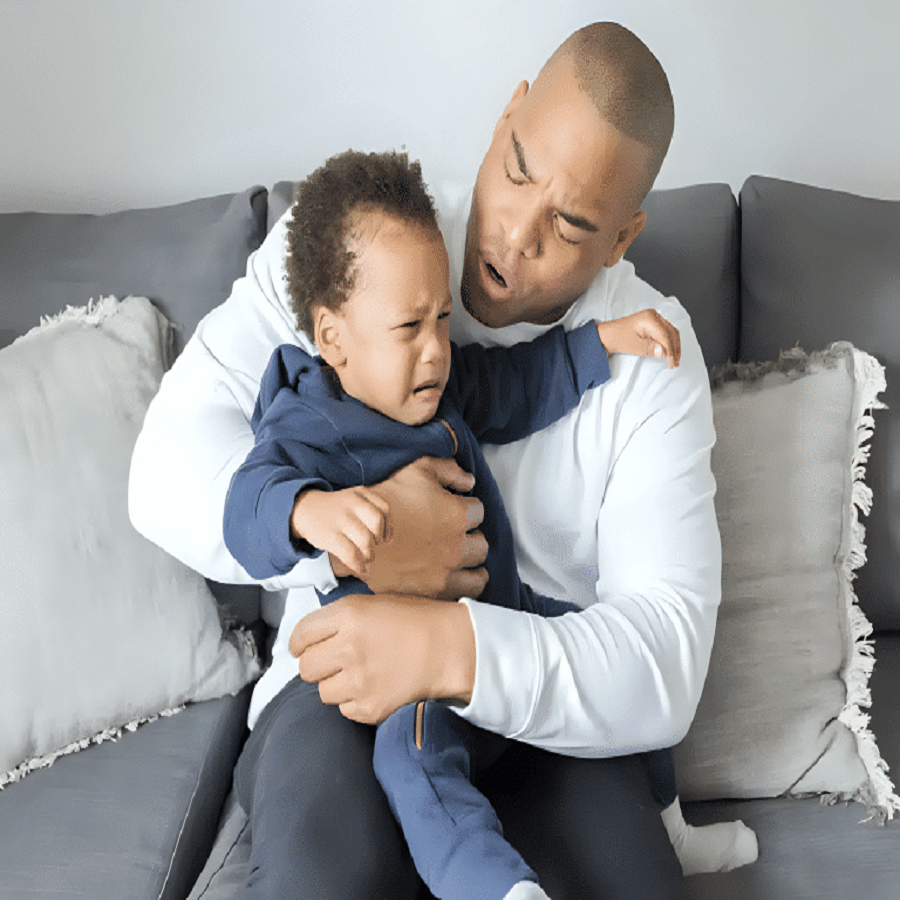Immediate Actions When Your Baby Falls
When your baby takes a tumble, swift and careful action is crucial. Here are key steps to take:
- Stay Calm: First, try to stay poised. A calm response is vital for both you and your infant.
- Assess the Situation: Check if your baby is conscious, crying, or showing discomfort right away.
- Avoid Movement: If serious injuries seem apparent, especially to the head or neck, avoid moving your baby.
- Call for Help: If the fall seems severe or you notice worrying signs, don’t hesitate to call 911.
- Safe Handling: If no serious harm is evident, gently pick up your baby. Offer comfort with a soothing voice and gentle touch.
- Examine Carefully: Look for visible injuries. Pay attention to their head, limbs, and body for any signs of harm.
- Document the Incident: Keep a record of the fall and your baby’s initial reactions and symptoms. This can be helpful if you visit a doctor later on.
- Keep Close Watch: After ensuring your baby’s initial safety, monitor closely for any changes in behavior or new symptoms.
Your action can make a big difference. Even when the situation feels overwhelming, these steps will help ensure the best care for your little one after a fall.

Signs of Injury to Look For
After your baby falls, it’s important to know what signs to watch for. Here are some key indicators that might signal your baby has been hurt:
- Crying or Discomfort: Immediate crying can be a good sign as it means baby is responsive. However, continuous or unusual crying may suggest pain or distress.
- Changes in Consciousness: If your baby seems dazed, loses consciousness, or has any unusual sleepiness, these could be signs of a head injury.
- Physical Marks: Look for obvious signs like cuts, bruises, or bumps, especially on the head.
- Behavior Changes: Notice if your baby isn’t acting as usual. This could mean being overly fussy or not showing interest in activities they normally enjoy.
- Mobility Issues: If your baby avoids using certain limbs or can’t move them normally, this may indicate an injury.
- Eating and Sleeping Patterns: Watch for any changes in how your baby eats or sleeps. Difficulty nursing or altered sleep patterns can be a sign that something’s off.
- Vomiting: Vomiting after a fall is a concerning sign, especially if it continues or starts hours after the incident.
Monitoring your infant for these signs can help you determine the severity of the fall. When in doubt, contact your pediatrician or seek immediate medical attention. Remember, it’s better to be safe and get a professional evaluation following a fall.
Potential Injuries from a Fall
Understanding the types of injuries your baby might face after a fall is critical. A fall can cause a range of problems, from minor bruises to more serious injuries.
Concussion and Head Injuries
Head injuries, like concussions, are a major concern when babies fall. Babies’ heads are heavy relative to their bodies, which can mean a harder impact. Signs of a concussion may include:
- Unusual quietness or irritability
- Excessive sleepiness or difficulty waking
- Loss of interest in eating or nursing
- Vomiting or persistent crying
- Loss of consciousness or seizure activity
If you notice any of these symptoms, seek immediate medical help, as head injuries can have long-term effects.
Limb and Body Injuries
Falls can also affect the limbs and body. Possible injuries include:
- Sprains or strains to the wrists or ankles
- Fractures, which may be more likely if the fall was from a significant height
- Bruises or cuts, which could suggest a more serious injury beneath the skin
- Avoidance of moving a limb, which might signal a break or sprain
Always consult with a pediatrician if you suspect any injuries to your baby’s limbs or body after a fall. Safe handling and accurate assessment are crucial for ensuring their well-being.

When to Seek Emergency Care
Knowing when to rush to the emergency room (ER) is critical after your baby falls. Look for these urgent signs:
- Unconsciousness: If your baby doesn’t wake up or respond to your voice or touch.
- Abnormal Breathing: Alert signs include breathing too fast, too slow, or not at all.
- Fluid Leakage: Clear fluid or blood from the nose or ears needs immediate attention.
- Unequal Pupils: Pupils of different sizes can mean serious brain injury.
- Soft Spot Bulging: A bulging fontanel on your baby’s head is a major concern.
- Seizures: Any form of seizure after a fall is an urgent medical emergency.
- Deep Wounds: Wounds that are severe or don’t stop bleeding.
- Persistent Vomiting: Frequent vomiting soon after the fall is troubling.
- Uncontrollable Crying: Non-stop crying can signal severe discomfort or pain.
- Not Waking Up: Difficulty waking your baby or altered level of consciousness.
- Changes in Behavior: If your baby eats or sleeps differently after the fall, watch out.
Trust your gut. If you feel something is not right, see a doctor. It’s always safer to check and ensure your baby is okay.
Home Care and Monitoring After a Fall
- Rest: Allow your baby to rest but wake them periodically to check their state.
- Comfort: Use OTC pain relievers as prescribed by your doctor if needed.
- Observation: Watch your baby for any new symptoms or changes in behavior.
Home care involves a balance of comfort and cautious monitoring to catch any late signs of injury.
Preventative Measures to Avoid Falls
To prevent future falls, follow these safety tips:
- Supervision: Always watch your baby on high surfaces.
- Safe Sleep: Place your baby in a crib with a fitted mattress and no loose bedding.
- Childproofing: Secure your home with gates and remove hazards near play areas.
Falls can happen, but creating a safe space can reduce the risks significantly.
Responding to Parental Anxiety and Guilt
Parents often feel guilty after their baby falls, but remember:
- Accidents Happen: You’re not alone; many parents have faced similar situations.
- Support: Talk to other parents or professionals if feeling overwhelmed.
- Learn: Use the experience to improve safety around the home.
Your feelings are valid, but they shouldn’t overshadow the steps to ensure your baby’s safety now and in the future.
Home Care and Monitoring After a Fall
After a fall, home care is crucial for your baby’s recovery. Here are essential guidelines to monitor your baby:
- Observe for Changes: Watch for any new signs or symptoms that could surface.
- Rest and Recovery: Ensure your baby gets plenty of rest but wake them gently at intervals to assess their well-being.
- Pain Management: If your baby is in discomfort, consult your pediatrician before giving any over-the-counter pain medication.
- Soothing Measures: A quiet environment and gentle cuddling can help reassure and comfort your baby.
- Regular Checks: Regularly check your baby’s temperature and look for any changes in their skin color or breathing.
- Follow-up: Schedule a follow-up visit with your pediatrician to make sure all is well.
Remember, keeping a close eye on your baby and providing a peaceful setting can help them recover more quickly. In the following days, limit your baby’s activities to low-energy play that won’t risk further injury. If any alarming signs develop, seek medical advice promptly.

Preventative Measures to Avoid Falls
Taking preventative steps is key in reducing the risk of falls for your baby:
- Never Leave Unattended: Always watch your baby on high surfaces, like beds or couches.
- Use Baby Equipment Safely: Ensure baby gear, like car seats and high chairs, is used according to manufacturer instructions, with straps secured.
- Proper Sleep Setup: Use a crib with a firm mattress and tight fittings and avoid loose bedding.
- Childproof Your Home: Install safety gates, secure furniture, and keep floors clear of hazards.
- Keep Floors Dry: Clean up spills promptly to prevent slipping.
- Appropriate Footwear: If you’re holding your baby, wear shoes with good traction to avoid falls.
Remember, supervising your baby and maintaining a safe home environment are the best ways to prevent falls. Accidents can still happen, but these measures will minimize the risks.
Responding to Parental Anxiety and Guilt
It’s natural for parents to feel anxious or guilty following their baby’s fall. Here are some steps to manage these common feelings:
- Accept Emotions: Understand that worry and guilt are normal reactions. You’re not alone.
- Share Your Experience: Talk to other parents. Many have gone through similar scares.
- Learn from the Incident: Use the experience to bolster home safety for the future.
- Seek Support: Connect with a pediatrician or counselor if anxiety persists. It’s okay to ask for help.
- Focus on Safety: Take proactive measures at home to prevent future falls.
- Let Go of Blame: Accidents can happen even with the best precautions. Forgive yourself.
Remember, while it’s difficult to let go of these feelings, they shouldn’t interfere with the steps needed to ensure your child’s safety and well-being.
